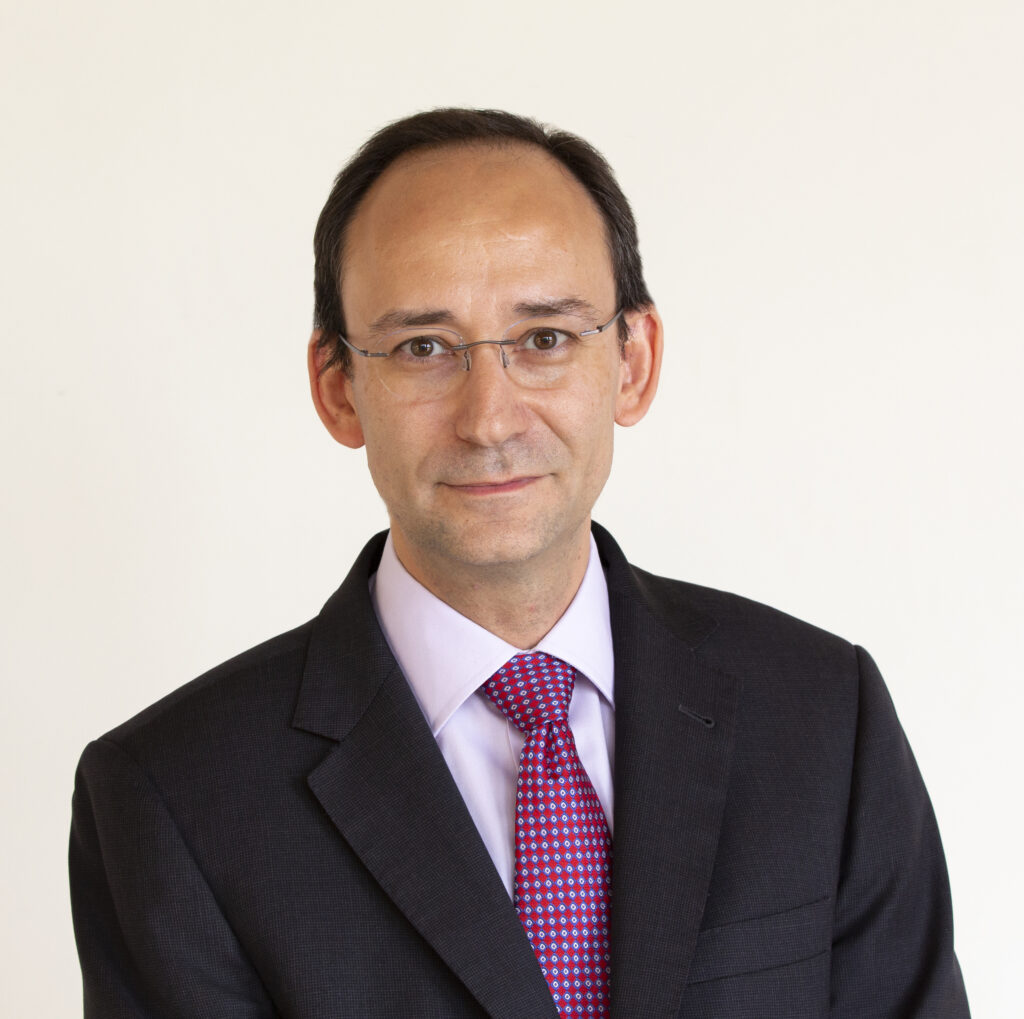
Barcelona, March 17, 2023
Crue’s candidate for the Presidency of the European University Association (EUA), Prof. Josep Maria Garrell, published this Friday, March 17, a Manifesto with his main proposals to consolidate the evolution and transformation of this association, integrated by more than 850 Higher Education institutions and organizations from 49 European countries, including 35 Rectors’ conferences. On April 20, the General Assembly of the EUA, to be held in Gdańsk (Poland), will elect the new president for the next four years, who will replace the current President Michael Murphy.
Since he announced his candidacy for the EUA Presidency last October, Garrell has met with representatives of many European National Rectors’ Conferences, with whom he has had the opportunity to learn about their concerns, proposals and analyses on the EUA as an organisation, on the agenda of the European Union for Higher Education, Research and Innovation, and on the European Higher Education Area. The list of proposals that make up the program of the Spanish candidate is a result of these meetings and of his experience as member of EUA Board since 2019. Prof. Garrell was Rector of the Universitat Ramon Llull (2012-2022), Vice President of Crue (2021-2022) and member of Crue’s Standing Committee (2015-2022), where he led the association’s International Strategy.
Prof. Garrell states that ‘It is widely agreed that under the leadership of President Michael Murphy, the EUA has undergone a deep, positive, and highly constructive transformation’, and highlights the ‘sustained dialogue and engagement’ with NRCs, as well as the ‘pro-active’ approach to the Secretariat’s work and the assignation of portfolios to Board members.
In his opinion, all these initiatives have contributed to improving the general functioning of the EUA, the scope of the association and the feeling of belonging. For this reason, he points out that there is a consensus on the need to ‘consolidate this transformation’, giving continuity to the policy and initiatives promoted in the last term, but with the ‘necessary adjustments’ to adapt them to a ‘dynamic and changing’ environment.

